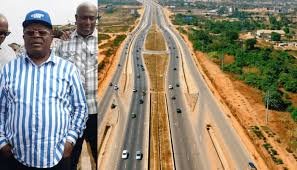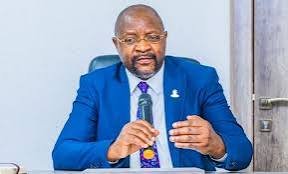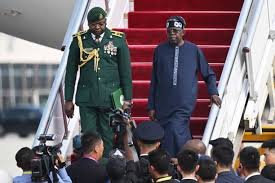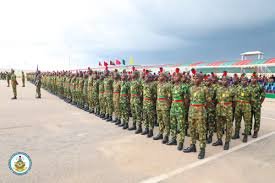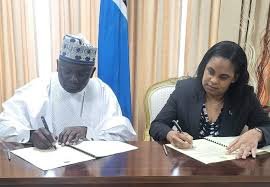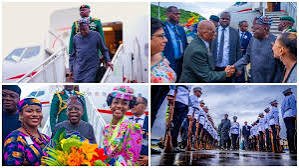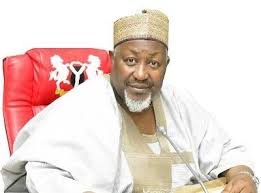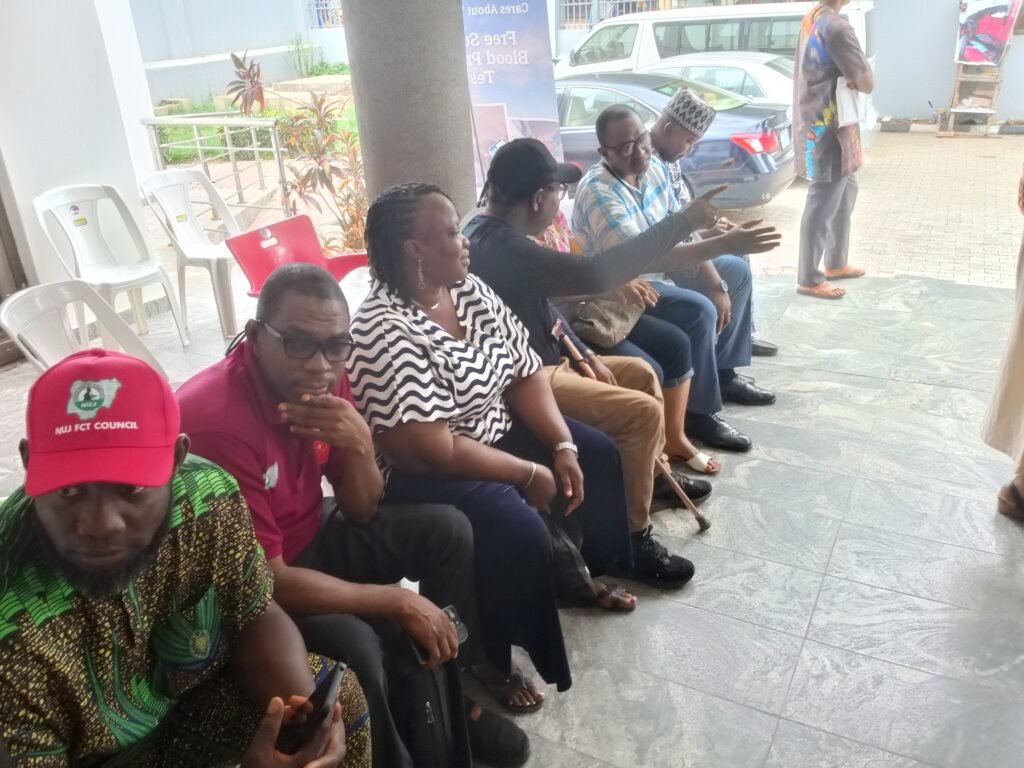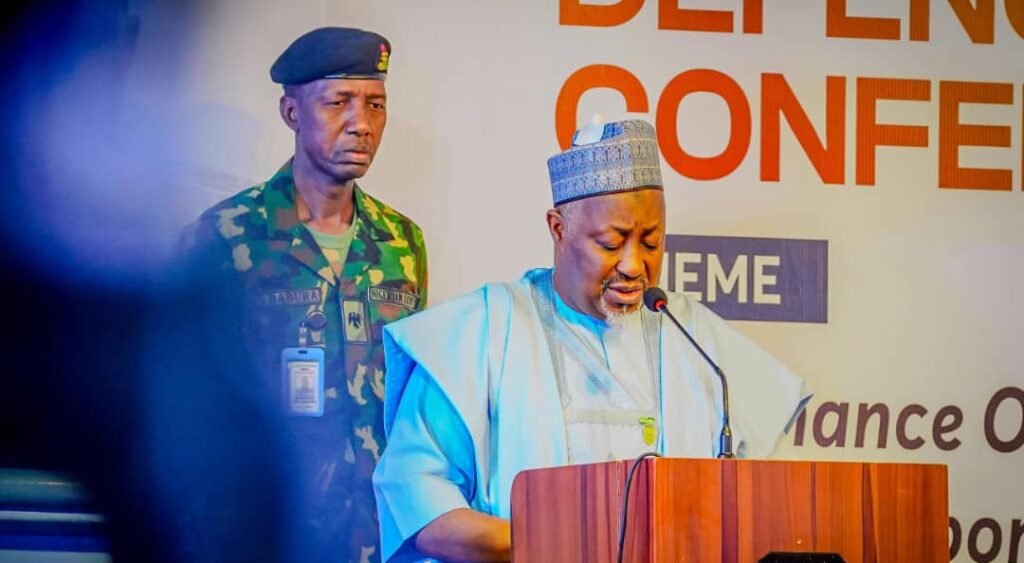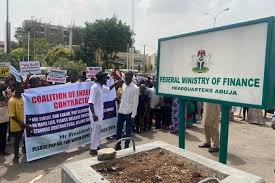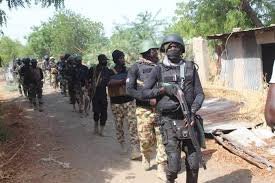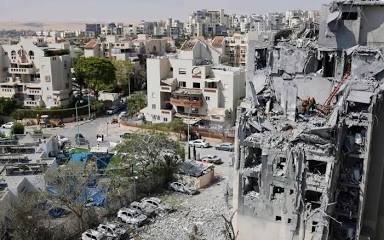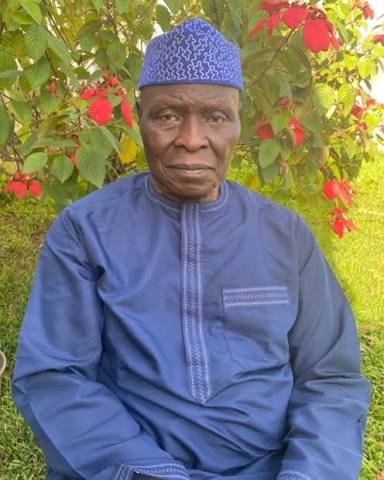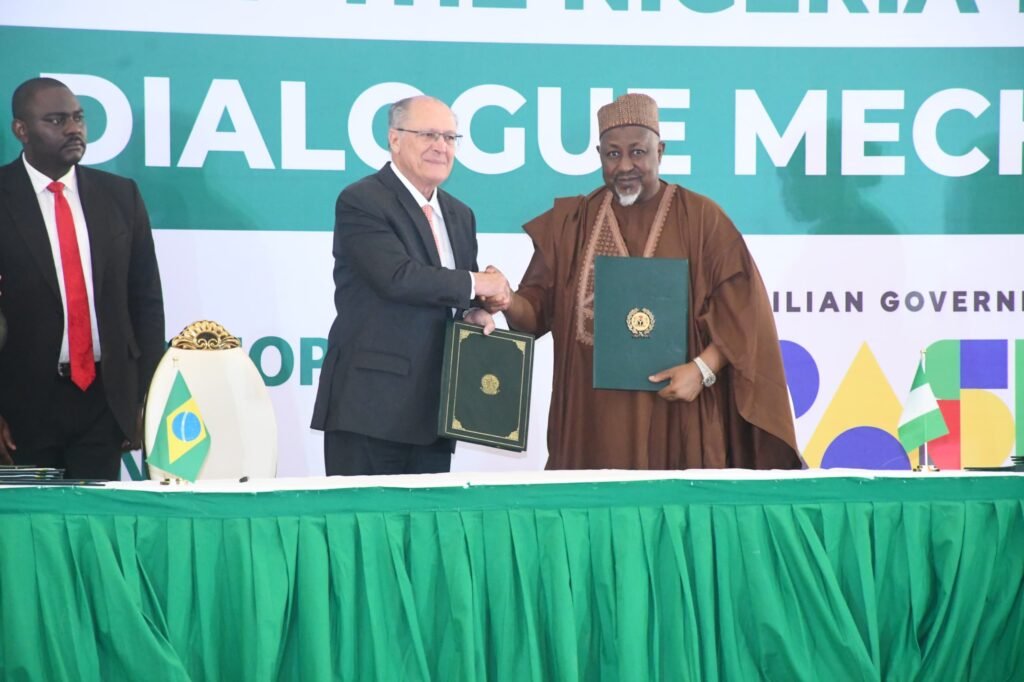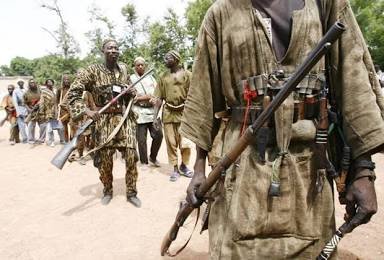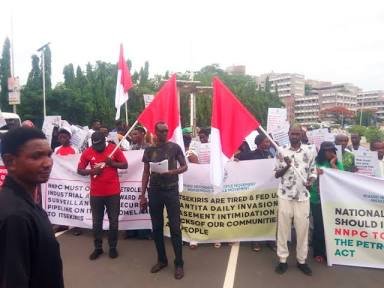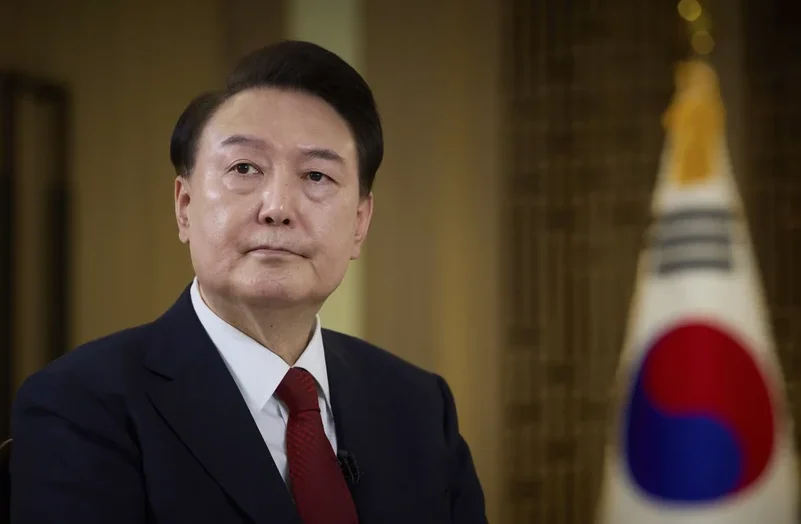LEE JAE-MYUNG TAKES OFFICE AS SOUTH KOREAN PRESIDENT, VOWS TO “RESET” POLITICS
Lee Jae-myung has been sworn in as the 14th president of South Korea, just hours after winning the presidential election with a significant margin of over 3 million votes. The inauguration ceremony, held in Seoul, was attended by a large crowd of supporters and marked a new chapter in the country’s turbulent politics. In his inaugural address, Lee vowed to “reset” politics in South Korea, which has been plagued by crisis and division. “I will reset politics in this country,” he pledged, without elaborating on specific policies. Lee’s victory comes after a tumultuous period in South Korean politics, where the previous government resigned after only two years in office following a controversy over the military’s involvement in parliamentary affairs. The crisis began when the then-administration invited the military to rein in the Parliament, which was seen as adversarial. However, the move was met with widespread public outrage, with many viewing it as an attempted coup. The government eventually stepped down, and an interim administration was established to oversee the presidential election. As president, Lee faces significant challenges, including navigating the country’s relations with North Korea, a nuclear-armed neighbor. Despite being more open to dialogue with Pyongyang, Lee has emphasized the need for a firm stance on key issues. He also needs to address the impact of the huge tariff regime imposed by the United States under President Donald Trump, which affects South Korean exports. Lee, 61, is not the 60 as reported earlier, has overcome significant personal and professional hurdles to reach the presidency. A former factory worker who suffered workplace injuries, Lee later became a human rights lawyer before entering politics. However, his presidency is likely to be marred by allegations of bribery and abuse of land use mechanisms, which he denies. In his early days in office, Lee has appointed Kim Min-seok as Prime Minister and reportedly considers former Unification Minister Lee Jong-seok, former Deputy National Security Adviser Kim Hyun-jong, and diplomat-turned-politician Wi Sung-lac for national security and foreign affairs posts.





























